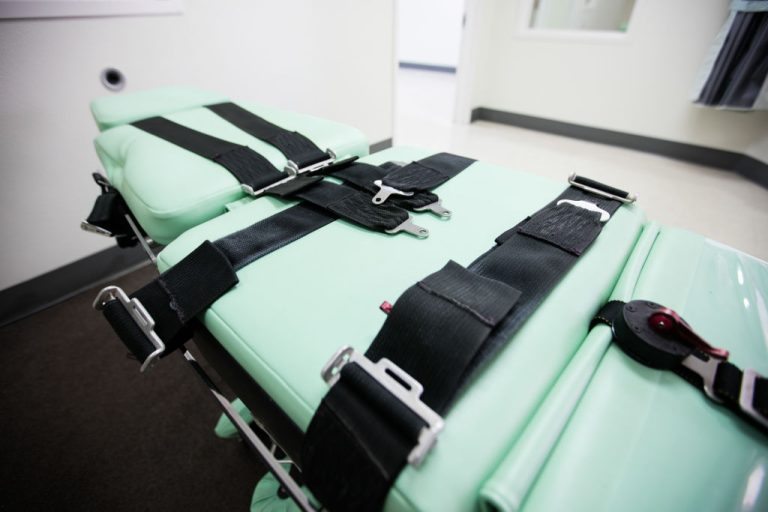According to a report published on Dec. 16 by the Death Penalty Information Center (DPIC), public support, in the United States, for the death penalty is at a record-low despite perceptions that violent crime is up and the authors allege that 2022 has been a year “marred by botched executions.”
Over the year, 33 of the 51 scheduled executions across the country — roughly 65 percent — did not go forward and seven of the 20 executions that were attempted were “visibly problematic” the report says.
The authors say that an “astonishing” 35 percent of the executions in the U.S. in 2022 were botched “as a result of executioner incompetence, failures to follow protocols, or defects in protocols themselves.”
Robert Dunham, DPIC’s Executive Director said that “After 40 years, the states have proven themselves unable to carry out lethal injections without the risk that it will be botched. The families of victims and prisoners, other execution witnesses, and corrections personnel should not be subjected to the trauma of an execution gone bad.”
In 2022 only six states carried out executions including Alabama, Arizona, Oklahoma, Mississippi, Missouri and Texas.
Success
You are now signed up for our newsletter
Success
Check your email to complete sign up
Executions in Alabama, Arizona and Texas were plagued with problems. On numerous occasions, execution teams struggled to set IV lines, resulting in cancelled executions or hours long delays and on July 28 this year, executioners in Alabama took three hours to set an IV line resulting in the “longest botched lethal injection execution in U.S. history.”
When states, including Alabama, Idaho, Ohio, Tennessee and South Carolina, were not able to carry out execution protocols executions were put on hold.
Oklahoma and Texas each executed five inmates, more than half of the year’s total executions. Oklahoma has scheduled 25 execution dates over the next two years.
A total of 37 states, nearly three quarters of the country, have now either abolished the death penalty or not carried out an execution in more than ten years. In addition, Governor Brown of Oregon, on Dec. 13, commuted the capital sentences of all 17 death row inmates in the state and instructed the department of corrections to begin dismantling the state’s execution chamber.
Twelve states imposed new death sentences on convicts this year including California and Florida which imposed four each and Alabama that imposed three. The only county in the nation that is expected to impose the death penalty more than once is San Bernardino.
The report found that those who were executed in 2022 “were individuals with significant vulnerabilities” including “serious mental illness … brain injury, developmental brain damage, or an IQ in the intellectually disabled range … chronic serious childhood trauma, neglect, and/or abuse.”
Three people were executed for crimes they had committed as a teenager and at least four were military veterans.
The report comes as support in the U.S. for capital punishment “remained near historic lows, even amid rising perceptions of crime.”
According to a poll released in February this year, American’s “support for the death penalty was even lower when asked about the classes of defendants who are most frequently subject to punishment.” The authors argue that there is bipartisan support for the elimination of the death penalty noting that recent political candidates in California, Oregon and Pennsylvania were all either elected or reelected on platforms that promised a moratoria on capital punishment.
















